Homeowners: Why "Just Across Town" Still Means Professional Help
October 1, 2025
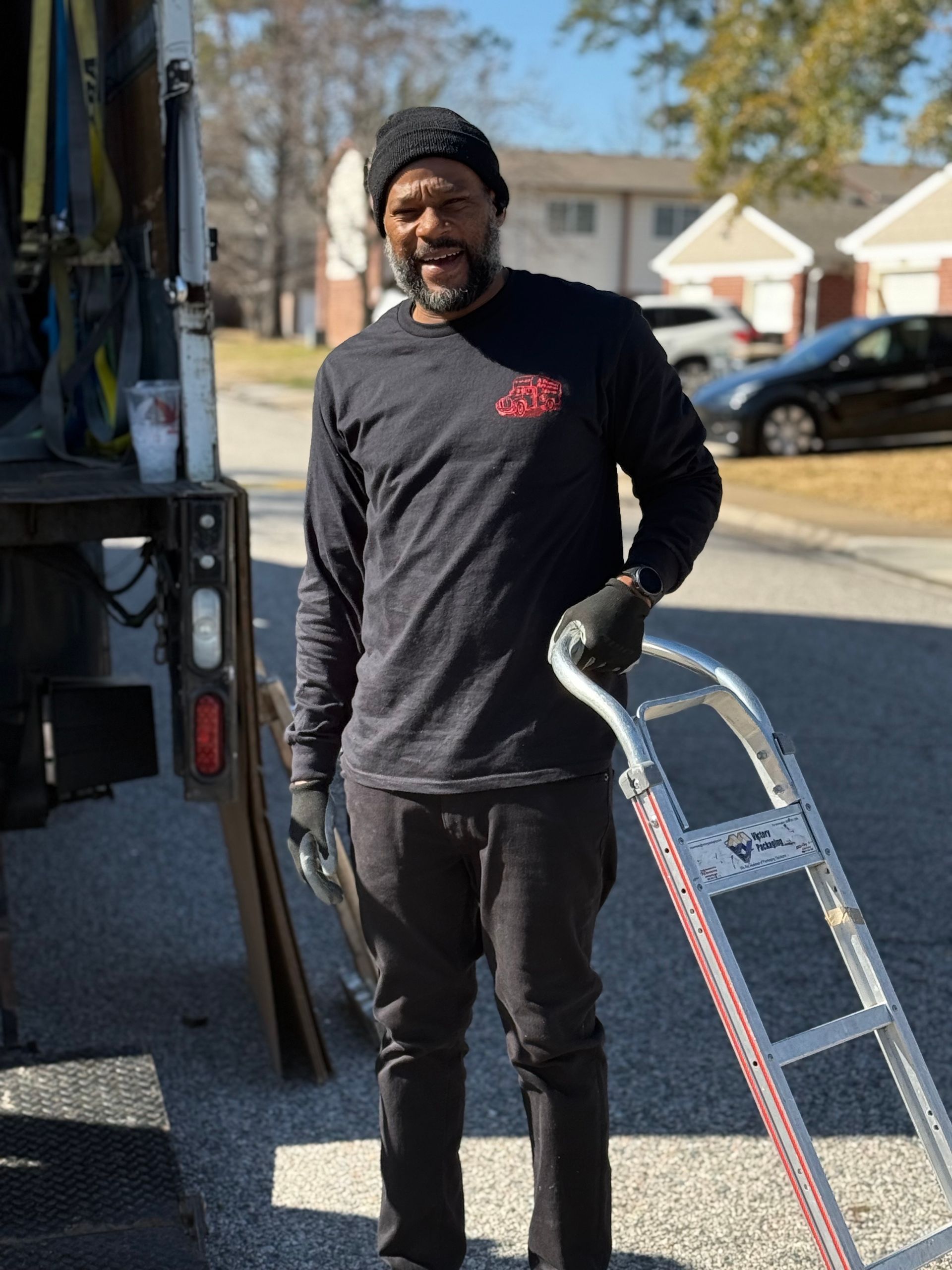
The convenience of proximity can often be a tempting factor when considering home repairs or improvements. Whether it's a friend of a friend who "knows a bit about plumbing," or a seemingly straightforward task that appears manageable for a local, uncertified individual, the allure of saving a few dollars or avoiding the formal process of hiring a professional can be strong. However, for homeowners, relying on anything less than certified, insured, and experienced professionals—even for issues that seem minor or "just across town"—carries significant risks and can lead to costlier problems down the line.
1. Beyond the Surface: Unseen Complexities and Specialized Knowledge
What appears to be a simple fix on the surface often conceals underlying complexities. A leaking faucet, for instance, might not just require a new washer but could indicate deeper issues with water pressure, pipe corrosion, or even foundational plumbing system problems. Professional tradespeople possess the diagnostic skills, specialized tools, and in-depth knowledge to identify these hidden issues. Their training extends beyond basic repairs to understanding system integrations, material science, and the nuances of various building components, ensuring a comprehensive and lasting solution, not just a temporary patch.
2. Safety, Liability, and Peace of Mind
Every home project, from electrical work to roof repairs, carries inherent risks. A professional is trained in safety protocols, equipped with appropriate gear, and understands how to mitigate hazards to themselves and your property. Crucially, a reputable professional carries liability insurance. This is paramount for homeowners; in the event of an accident, damage to your property, or injury to the worker, their insurance covers the costs, protecting you from potentially ruinous financial responsibility. Relying on an uninsured individual, regardless of their proximity or perceived skill, leaves you entirely exposed.
3. Compliance, Codes, and Long-Term Value
Building codes and local regulations are designed to ensure safety, efficiency, and the structural integrity of your home. Many home improvement projects, even seemingly small ones, require specific permits and must adhere to strict codes. Professionals are not only aware of these requirements but ensure their work meets or exceeds them, preventing future legal complications, insurance claim denials, or difficulties when selling your property. Non-compliant work can significantly diminish your home's value and necessitate costly corrective measures down the line.
4. Efficiency, Warranty, and Accountability
While a local acquaintance might offer a cheaper rate, their efficiency and the quality of their work can be questionable. Professionals work systematically, leveraging their experience and proper tools to complete tasks efficiently and to a high standard. Furthermore, reputable companies provide warranties or guarantees on their work, offering a safety net should issues arise post-completion. This accountability provides homeowners with invaluable peace of mind, knowing that the work performed is backed by a commitment to quality and customer satisfaction.
In conclusion, the decision to hire a professional for home repairs and improvements is an investment in your property's safety, longevity, and value. While the appeal of convenience or cost-savings from an "across town" acquaintance might be tempting, the risks associated with uncertified, uninsured, and inexperienced labor far outweigh any perceived benefits. For critical home systems, always prioritize the expertise, safety, and accountability that only a professional can provide.
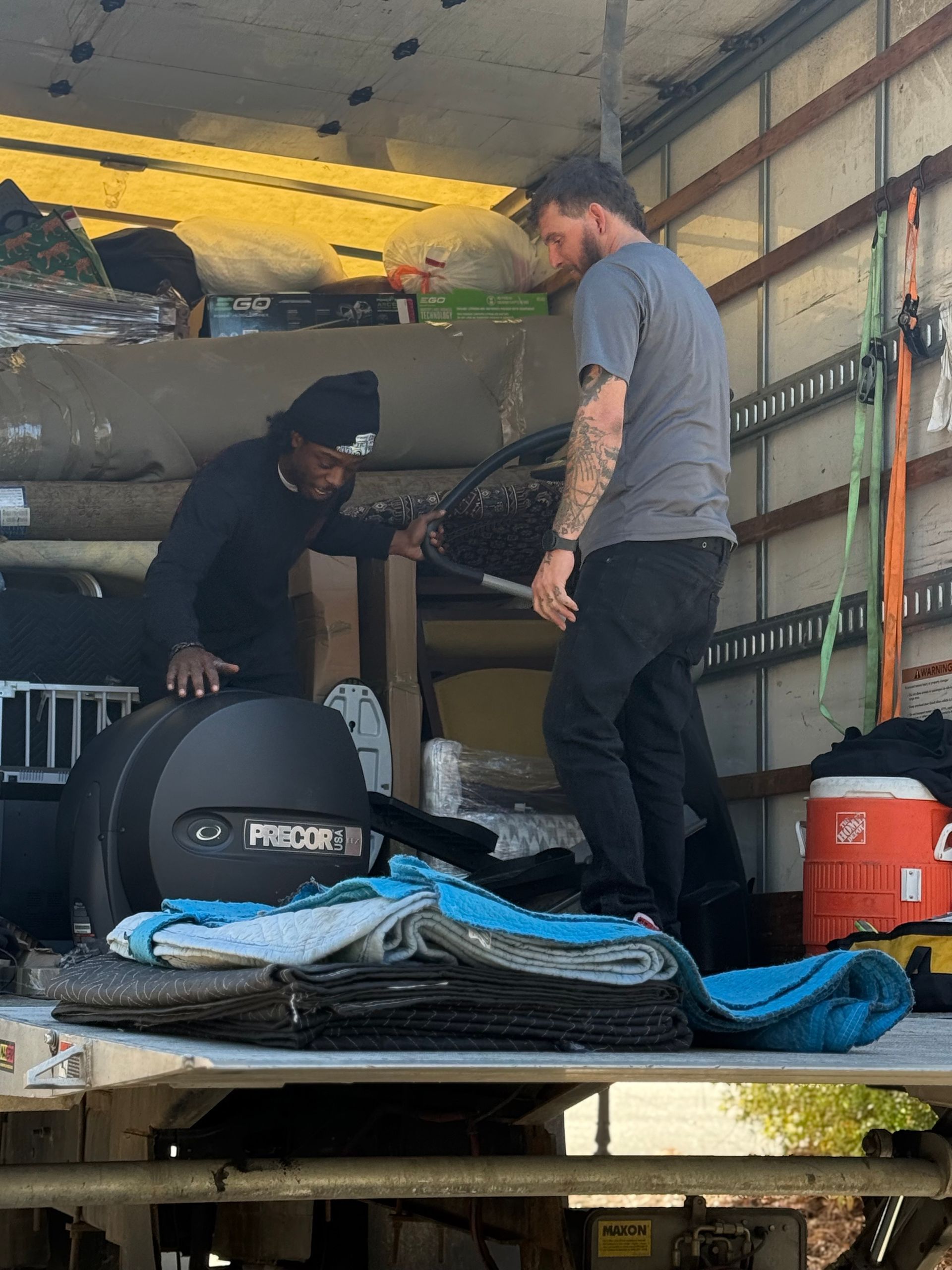
Moving, whether across town or cross-country, is a significant undertaking that often demands more time, energy, and resources than initially anticipated. While the allure of a DIY move might seem cost-effective on the surface, the true value and peace of mind offered by professional moving services are unparalleled. Engaging experts transforms a potentially chaotic experience into a streamlined, efficient, and secure transition. Here are five compelling reasons why investing in professional movers is a decision that pays dividends: 1. Unmatched Efficiency & Time Savings Professional movers are specialists in the art of relocation. They possess the training, experience, and systematic approach to execute a move with remarkable efficiency. From strategic packing and precise loading to optimized transportation routes and careful unloading, every step is meticulously planned and performed. This expertise significantly reduces the time commitment required from you, freeing you to focus on other critical aspects of your move, such as setting up utilities, transferring records, or settling into your new community. Their ability to complete the job in a fraction of the time it would take a novice ensures your schedule remains intact and minimizes disruption. 2. Enhanced Safety & Protection for Your Belongings One of the primary concerns during a move is the potential for damage to cherished possessions or, more critically, personal injury. Professional movers are trained in proper lifting techniques, secure packing methods, and safe handling of items of all shapes and sizes, from delicate heirlooms to bulky furniture. They utilize specialized equipment like dollies, furniture pads, and custom crating to protect your items during transit. Furthermore, reputable moving companies typically offer various insurance options, providing an essential layer of financial protection against unforeseen damages or loss, a safeguard often absent in a self-move. 3. Expertise in Handling Specialty Items Not all belongings are created equal, and some require a specialized touch. Pianos, antique furniture, valuable artwork, large appliances, and sensitive electronics demand specific packing materials, handling techniques, and transportation methods. Professional movers have the expertise and the right tools—such as piano skids, appliance dollies, and custom crates—to safely transport these challenging items. Attempting to move such items without the necessary knowledge or equipment greatly increases the risk of damage or personal injury, making professional assistance invaluable for these complex pieces. 4. Stress Reduction & Peace of Mind The psychological toll of moving can be immense, often cited as one of life's most stressful events. The sheer volume of tasks—packing, lifting, loading, driving a large truck, unpacking—can be overwhelming. Delegating these physically and mentally demanding tasks to professionals significantly alleviates this burden. Knowing that your possessions are in capable hands, and that the logistical complexities are being managed by experts, allows you to approach your new beginning with a calmer, more positive mindset. This peace of mind is an intangible but incredibly valuable benefit. 5. Hidden Cost Savings & Value for Money While the upfront cost of professional movers might seem substantial, it's crucial to consider the hidden costs associated with a DIY move. These can include truck rental fees, fuel costs, packing supplies (boxes, tape, bubble wrap), equipment rentals (dollies, furniture pads), potential vehicle damage, time off work, and the often-overlooked cost of potential personal injury or damage to your belongings. When you factor in the value of your time, the reduced risk of damage, and the comprehensive service provided, professional movers often represent a more cost-effective and ultimately valuable solution, ensuring a smoother transition without unexpected expenditures. Ultimately, the decision to hire professional movers is an investment in your peace of mind and the overall success of your relocation. While the initial thought of a DIY move might tempt you with perceived savings, the true value lies in the efficiency, safety, and reduced stress that expert assistance provides. By entrusting your belongings to seasoned professionals, you're not just hiring muscle; you're securing a team dedicated to transforming a daunting task into a smooth, organized, and worry-free experience. From meticulous packing to careful transport and timely delivery, professional movers ensure your transition is as seamless as possible, allowing you to focus on settling into your new home, rather than recovering from the move itself. Make your next relocation truly effortless – the benefits speak for themselves.
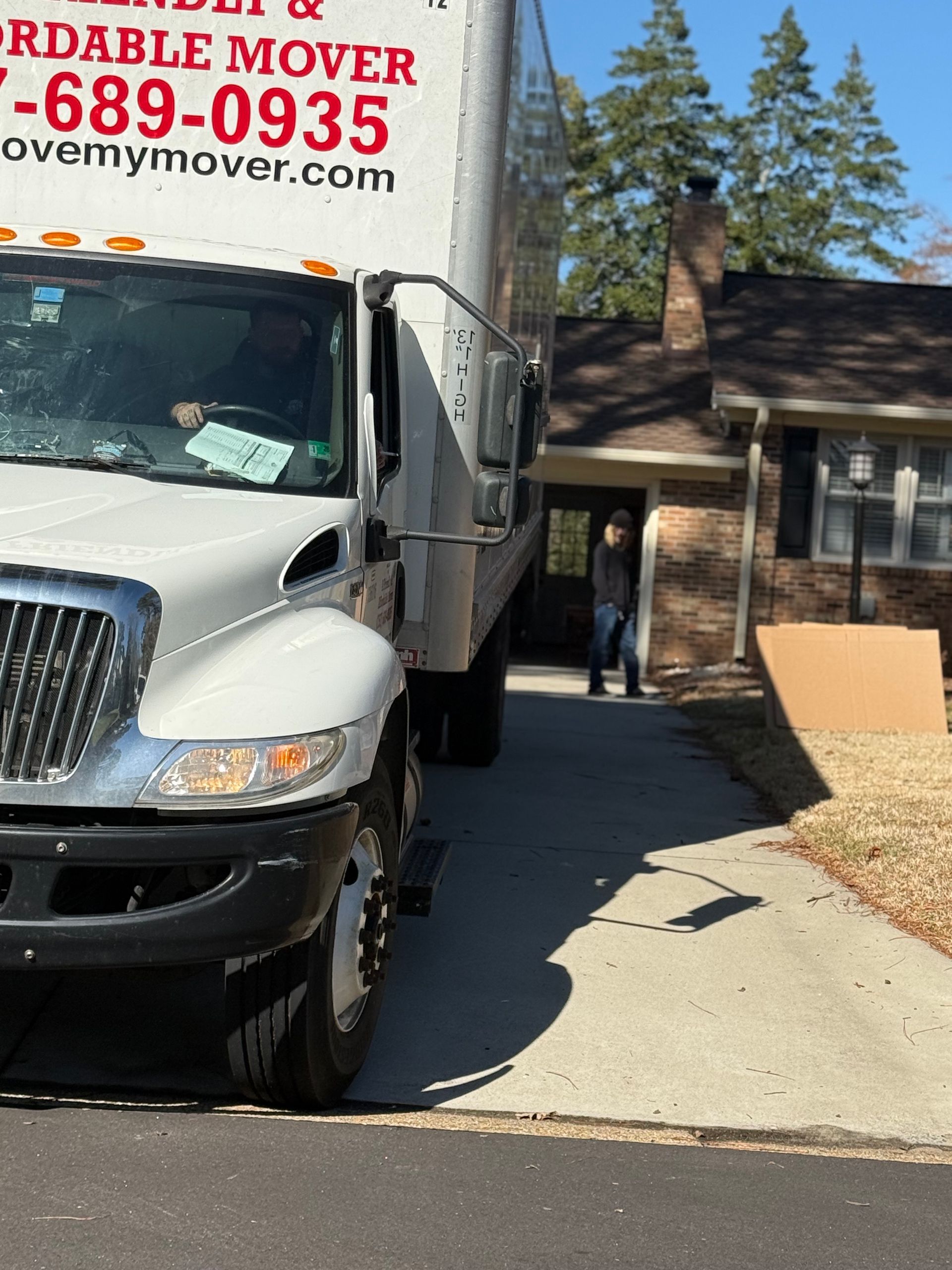
Embarking on a long-distance move is more than just changing addresses; it's a significant life transition that reshapes your daily routine, social circles, and personal landscape. While the prospect of a new beginning is often exhilarating, a clear understanding of the journey ahead can help you navigate its complexities with greater confidence and ease. This section aims to provide a professional overview of what to anticipate when relocating across significant distances. 1. The Strategic Imperative of Planning & Logistics Long-distance moves demand meticulous planning. Unlike local transitions, the sheer scale of coordination required is amplified. Expect to dedicate significant time to researching and securing reputable moving companies, understanding their insurance options, and coordinating precise timelines for packing, transport, and delivery. An accurate inventory of your belongings is crucial, not only for insurance purposes but also for ensuring everything arrives safely. Furthermore, anticipate the need to manage utility transfers, mail forwarding, and the secure transfer of important documents well in advance. Proactive engagement with these logistical elements will significantly reduce stress and potential disruptions. 2. Navigating the Emotional Landscape Beyond the boxes and checklists, a long-distance move presents a profound emotional journey. While excitement for new opportunities is common, be prepared for a spectrum of other feelings. It's normal to experience a sense of loss or grief for what you're leaving behind – familiar places, established routines, and the proximity of loved ones. The initial weeks or months in a new locale can also bring feelings of disorientation or even loneliness as you establish new connections and acclimate to a different environment, even if it's within the same country. Acknowledge these emotions as a natural part of the adaptation process and prioritize self-care and patience during this period. 3. Financial Realities and Hidden Costs The financial implications of a long-distance move extend far beyond the moving company's quote. Budgeting for this transition requires a comprehensive approach. Consider costs such as temporary accommodation, travel expenses to your new location, potential storage fees, and the cost of setting up new utilities (deposits, connection fees). Furthermore, factor in the initial expenses of establishing a new household – from unexpected purchases for your new space to the costs associated with exploring your new community. A detailed financial plan, including a contingency fund, is essential to mitigate unforeseen expenses and ensure a smoother financial transition. 4. The Process of Social & Community Reintegration One of the most significant adjustments will be the rebuilding of your social network. Unlike local moves where you might retain existing connections, a long-distance relocation often necessitates starting anew. Expect to actively seek out opportunities for social engagement, whether through professional networking events, community groups, local clubs, or volunteer work. This process takes time and intentional effort. Be open to new experiences and understand that building a robust support system in your new environment is a gradual, yet rewarding, endeavor that contributes significantly to your overall well-being and sense of belonging. 5. Embracing Adaptation and Resilience Ultimately, moving long-distance is an exercise in adaptation and resilience. There will be unexpected challenges, moments of frustration, and periods of adjustment. Your ability to remain flexible, problem-solve creatively, and maintain a positive outlook will be invaluable. View this transition not merely as a change of address, but as an opportunity for personal growth, a chance to broaden your perspective, and to cultivate new strengths. By approaching this journey with informed expectations and an open mind, you can transform a significant undertaking into a genuinely enriching experience. Embarking on a long-distance move is undeniably a significant undertaking, presenting both anticipated challenges and exciting opportunities. By understanding the multifaceted nature of this transition – from logistical complexities and financial considerations to the emotional adjustments and the process of building a new community – you are better equipped to approach it with strategic foresight and resilience. Ultimately, a well-prepared move transforms potential anxieties into manageable steps, allowing you to not just relocate, but to truly settle and thrive. Embrace this new chapter as an evolution of your personal and professional journey, confident in your ability to navigate the horizon ahead and establish a fulfilling life in your new destination.
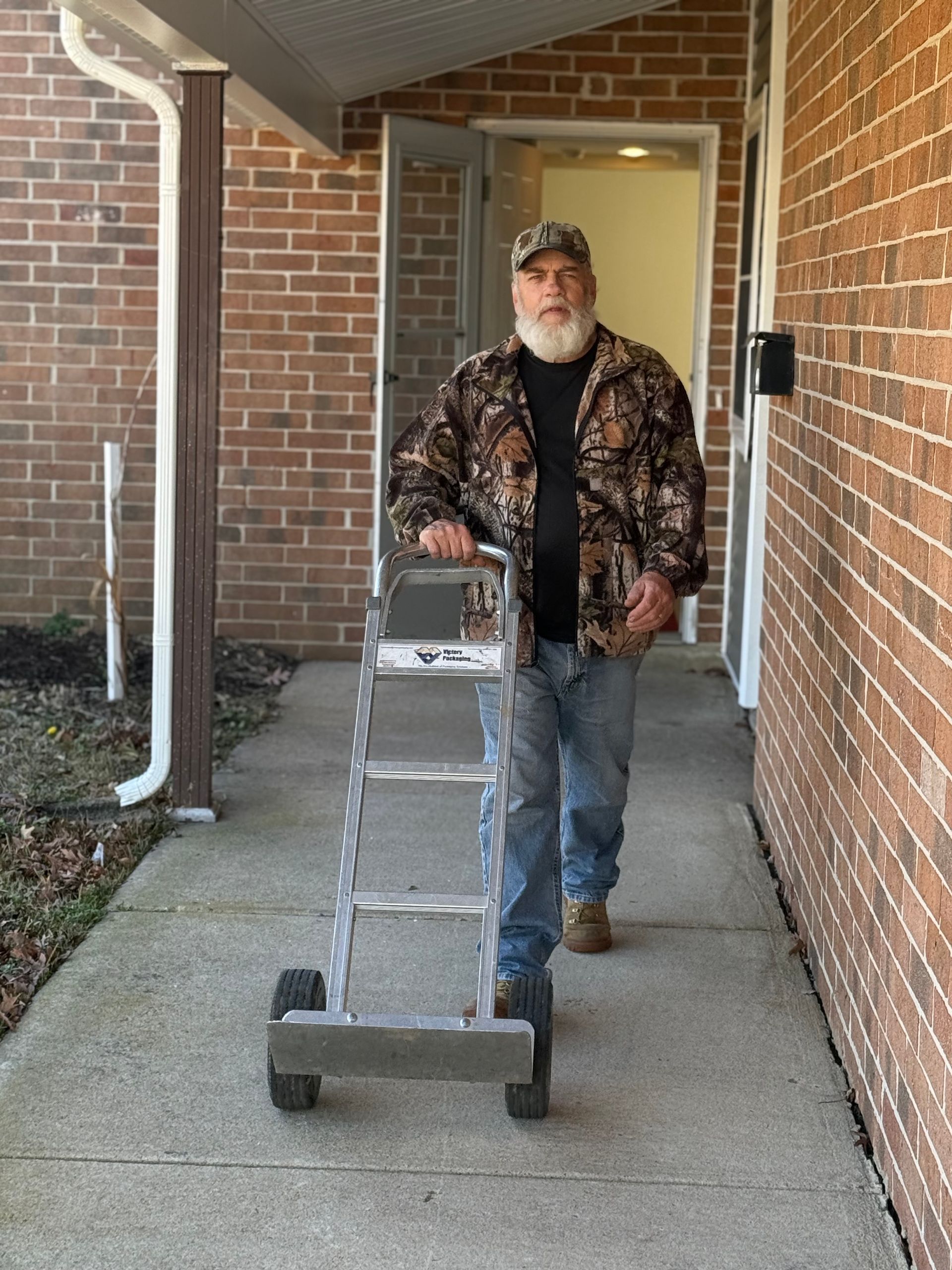
When planning a move, it's easy to get caught up in the logistics of packing clothes, books, and kitchenware into standard cardboard boxes. But what about the truly unique, valuable, or unwieldy items that defy conventional packing methods? This is where "beyond the boxes" thinking comes into play, highlighting the critical need for specialized moving and storage solutions. What Constitutes a "Specialty Item"? A specialty item isn't just something expensive; it's anything that requires a tailored approach due to its: * Fragility: Grandfather clocks, antique furniture with intricate carvings, delicate chandeliers, fine art, sculptures. * Value (Monetary or Sentimental):Family heirlooms, rare wine collections, vintage musical instruments, custom-built models. * Size & Weight:Pianos (grand, upright), pool tables, large safes, commercial-grade fitness equipment, industrial machinery, oversized statues. * Unique Shape/Composition:Taxidermy, large aquariums, bespoke designer furniture, fragile laboratory equipment. * Environmental Needs:Items requiring climate-controlled conditions (e.g., certain artworks, sensitive electronics, wine). Attempting to move or store these items without professional expertise often leads to damage, injury, or significant financial loss. The Specialized Approach: More Than Just Muscle Moving and storing specialty items isn't simply about having strong movers; it's about a multi-faceted approach that prioritizes protection and preservation: 1. Expert Assessment & Planning: * Insight: A reputable specialty mover will first conduct a thorough on-site assessment. They'll evaluate the item's dimensions, weight, fragility, and the logistical challenges of its current location and new destination (e.g., narrow doorways, stairs, elevators). * Information: This assessment informs the entire moving plan, including the type of equipment, packing materials, and personnel required. It's the foundation for a damage-free move. 2. Customized Packing & Crating: * Insight: Standard bubble wrap and cardboard won't suffice. Specialty items often require custom-built wooden crates, shock-absorbent foam inserts, anti-static wraps, and acid-free packing materials. * Information: Art, for example, might be placed in museum-quality crates designed to protect against vibration, temperature fluctuations, and punctures. Pianos require specialized padding and disassembly of delicate components. 3. Specialized Equipment & Techniques: * Insight: Moving a grand piano isn't done with a standard hand truck. It requires piano skids, heavy-duty dollies, specialized straps, and often, hydraulic lifts or cranes. * nformation: Professionals are trained in specific techniques to maneuver awkward or heavy items safely through tight spaces, up and down stairs, and onto transport vehicles, minimizing risk to both the item and the property. 4. Climate-Controlled Storage: * Insight:For items sensitive to temperature and humidity (like fine art, antique furniture, or wine), standard storage units are a recipe for disaster. Fluctuations can cause warping, cracking, mold, or degradation. * Information:Dedicated climate-controlled storage facilities maintain consistent temperature and humidity levels, providing a stable environment that preserves the integrity of your most sensitive possessions for short or long durations. These facilities often come with enhanced security features too. 5. Comprehensive Insurance & Liability: * Insight: While professionals aim for perfection, accidents can happen. Reputable specialty movers carry robust insurance specifically designed to cover high-value and unique items, offering peace of mind. * *Information: Always inquire about their insurance coverage and liability limits for specialty items. Understand what's covered and what isn't, and consider obtaining additional third-party insurance if your items are exceptionally valuable. The Value Proposition: Protecting Your Investment & Peace of Mind Engaging with a professional for your specialty items isn't just an added expense; it's an investment in the safety and longevity of your most cherished or valuable possessions. It eliminates the stress, risk of injury, and potential for costly damage that comes with a DIY approach. Beyond the boxes, professional specialty moving and storage solutions offer the expertise, equipment, and care necessary to ensure your unique items arrive at their destination – or are stored – in pristine condition. In conclusion, while standard moving boxes serve their purpose for everyday belongings, your specialty items demand a uniquely tailored approach. Investing in professional, specialized moving and storage solutions is not merely a convenience; it's a critical step in safeguarding the integrity, value, and peace of mind associated with your most treasured or challenging possessions. By partnering with experts who understand the nuances of handling everything from delicate heirlooms to oversized equipment, you mitigate risk and ensure a seamless transition. Don't let the "beyond the boxes" elements of your move become a source of stress. Prioritizing specialized care means every item, regardless of its unique nature, arrives at its new destination safely and securely, allowing you to focus on settling into your new space with complete confidence. .

Relocating as a military family, commonly known as a Permanent Change of Station (PCS), is an inherent part of service life. While the prospect can often feel overwhelming – a complex blend of logistics, paperwork, and emotional adjustments – it doesn't have to be a source of undue stress. Our aim with this ultimate guide is to transform your PCS experience from a daunting task into a well-managed, even empowering, transition. Understanding the PCS Landscape: Information as Your Greatest Ally The foundation of a stress-free PCS lies in robust information and proactive engagement. The military has established comprehensive systems to support your move, and leveraging these resources effectively is paramount. 1. Engage Early and Often with Official Channels: * Transportation Management Office (TMO): This is your primary hub for household goods (HHG) shipments, personally procured moves (PPM/DITY), and vehicle transportation. Schedule your initial briefing as soon as you receive your orders. They will walk you through entitlements, weight limits, and the scheduling process. * Finance Office: Understand your financial entitlements, including Dislocation Allowance (DLA), Temporary Lodging Expense (TLE), and per diem rates. Proper financial planning can significantly alleviate stress during the transition period. * Housing Office (On-Base & Off-Base):Whether you plan to live on or off base, connect with the housing office at your gaining installation. They can provide vital information on availability, waitlists, application procedures, and local rental markets. * Medical & Dental Facilities: Initiate the transfer of medical and dental records early. For families with special needs or ongoing medical treatments, this is a critical step to ensure continuity of care at your new duty station. 2. Master Your Documents: The Power of Organization: A dedicated "PCS Binder" or a secure digital folder is non-negotiable. This central repository should contain: * Official Orders:Multiple copies, both physical and digital. * Key Contacts: TMO, finance, housing, gaining unit leadership, real estate agents (if applicable). * Checklists:Utilize military-provided checklists and create your own tailored versions for personal belongings, family needs, and pet requirements. * Rceipts: For all PCS-related expenses, especially if undertaking a PPM. * Important Records:School transcripts, medical records, vaccination records (for pets too!), insurance policies, and vehicle titles. Digitizing these documents and storing them in a secure cloud service provides an invaluable backup. 3. Beyond the Boxes: Holistic Planning: A PCS involves more than just moving physical possessions. Consider the broader impact on your family: * Education:Research schools in your gaining area, understand enrollment procedures, and explore support services for children. * Spouse Employment: Begin networking and researching job markets or remote work opportunities in advance. Connect with spouse employment programs offered by the military. * Pet Relocation: Understand the specific requirements for pet travel (airline regulations, international import laws, veterinary needs) well in advance, as these can be complex and time-consuming. Emotional Preparedness:Acknowledge that change can be stressful. Plan for downtime, family activities, and opportunities to explore your new community. By approaching your PCS with a foundation of knowledge and a commitment to proactive organization, you empower yourself to navigate the complexities with confidence, transforming what could be a stressful ordeal into a streamlined, successful transition to your new home. In the following sections, we'll delve deeper into each of these areas, providing actionable steps and expert insights to guide you every step of the way. In summary, while a Permanent Change of Station is an undeniable constant in military life, it doesn't have to be synonymous with overwhelming stress. By approaching your PCS with a proactive mindset and utilizing the structured guidance provided in this ultimate guide, you are well-equipped to navigate the complexities of relocation with confidence and efficiency. Remember, meticulous planning, timely execution, and leveraging available resources are the cornerstones of a successful transition. Embrace this next chapter not as a burden, but as a well-managed step in your military journey.
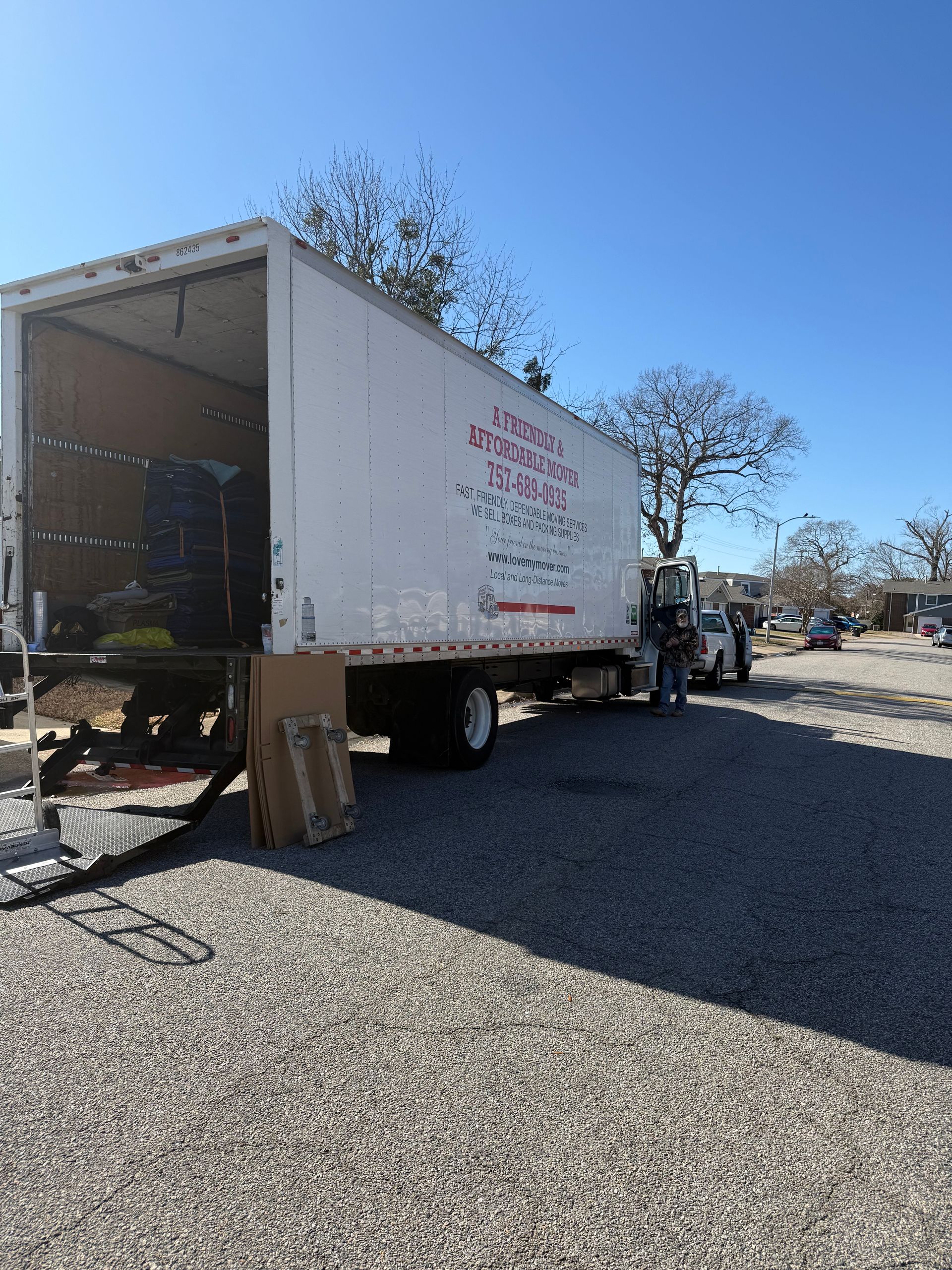
The primary distinction between a chaotic move and a seamless one is the degree of preparation. Beginning your planning process weeks, if not months, in advance is not merely advisable – it's crucial. This extended timeline allows for thorough research, secures preferred service providers, and mitigates last-minute emergencies. For long-distance moves, this lead time is even more critical, as logistics become more complex, involving potential time zone changes, interstate regulations, and extended transit times for your belongings. Key Pillars of a Professional Relocation 1. Comprehensive Inventory & Decluttering: Before anything else, conduct a detailed inventory of your possessions. This is the opportune moment to declutter, donate, sell, or discard items you no longer need. A lighter load not only reduces moving costs (especially for long-distance moves where weight and volume are key factors) but also simplifies the packing and unpacking process. Categorize items by room and necessity. 2. Budgeting and Financial Preparedness: Moving involves various costs, from packing supplies and professional movers to utility transfers and potential temporary housing. Create a detailed budget that accounts for all anticipated expenses. Obtain multiple quotes from reputable moving companies, understanding their pricing structures (e.g., hourly for local moves, weight/distance for long-distance). Factor in potential unforeseen costs, setting aside a contingency fund. 3. Selecting the Right Moving Partner: This is perhaps the most critical decision. * For Local Moves: Look for companies with strong local reputations, proper licensing, and insurance. Verify their experience with moves similar to yours (e.g., apartment, single-family home). * For Long-Distance Moves: It is paramount to choose a federally licensed and insured mover (verify their USDOT number). Research their track record, read reviews, and ensure they provide transparent quotes without hidden fees. Understand their liability coverage and inquire about additional valuation options for your belongings. A professional mover will conduct a thorough in-home or virtual estimate. 4. Strategic Packing & Organization: * Start Early:Begin packing non-essential items well in advance. * Quality Supplies: Invest in sturdy boxes, appropriate packing materials (bubble wrap, packing paper), and strong tape. * Labeling is Key:Clearly label each box with its contents and the room it belongs to in your new home. For long-distance moves, consider numbering boxes and creating a master inventory list for tracking. * Essentials Box:Pack a "first night" box with immediate necessities: toiletries, medications, chargers, a change of clothes, important documents, and basic tools. 5. Administrative & Utility Transfers: * Change of Address:Notify the USPS of your new address. * Utilities:Schedule disconnects for your current home and connections for your new Virginia residence well in advance. This includes electricity, gas, water, internet, and cable. * Important Documents: Gather vital records (birth certificates, passports, medical records, financial statements) and transport them personally. * Vehicle Registration (for out-of-state moves): If moving to Virginia from another state, understand the requirements for transferring your vehicle registration and driver's license within the state's specified timeframe. As we've explored, the difference between a chaotic move and a professionally executed relocation lies squarely in the planning. By adopting the structured approach outlined and utilizing a detailed checklist, you equip yourself with the tools necessary to manage every facet of your Virginia move, local or long-distance. This commitment to preparation not only minimizes stress but ensures a seamless transition, allowing you to focus on the exciting new chapter awaiting you in your new home. In conclusion, a successful and stress-free relocation, whether within Virginia or across state lines, hinges on meticulous planning and the disciplined execution of a well-defined checklist. By investing time in strategic preparation, you transform a complex undertaking into a streamlined, professional transition. Embrace these insights and utilize the foundational checklist to ensure your next move is not just completed, but truly accomplished with efficiency and peace of mind.






